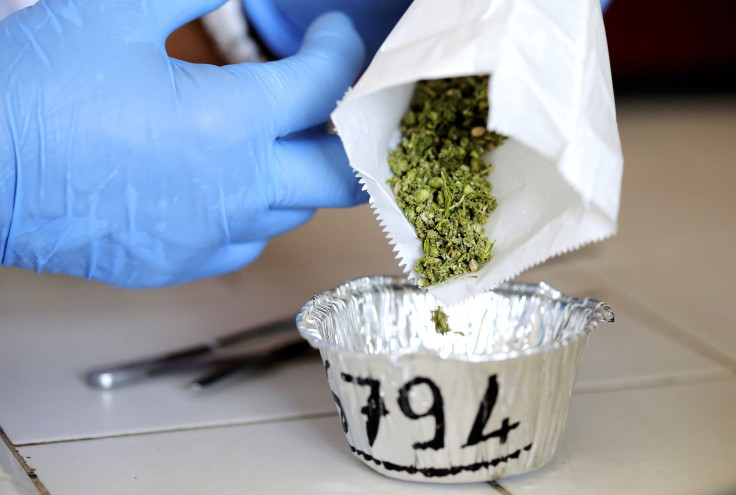Medical Marijuana More Expensive Than Recreational Version In Uruguay, Unlike In US

Medical marijuana in Uruguay may become more expensive than the recreational version.
Officials in Uruguay recently announced that medical marijuana in the country could soon contain higher levels of tetrahydrocannabinol (THC) and become more expensive than its recreational counterpart. While it has many patients in the South American country worried about getting treatment, the change isn’t likely to be seen in the United States any time soon.
“It’s certainly interesting,” said Taylor West, of the Denver-based National Cannabis Industry Association. But, “I wouldn’t anticipate anything like that happening in Colorado.”
In 2014, Uruguay became the first country in the world to have a regulatory system for legal cultivation, sale and consumption of marijuana, as CNN reported.
Earlier this month, the country’s drug czar announced that medical marijuana will be more expensive than recreational pot because it could contain more THC than recreational pot, and would require stricter controls, according to Global Post, which confirmed the statement this week while noting that some insiders are doubtful about whether this will actually happen.
But, American consumers need not worry. Because, unlike in Uruguay, cannabis prices are dictated by the markets, not the government. More importantly, medical sales are only subject to the state sales tax, while recreational pot available for use by adults is subject to additional tariffs.
“Prices appear to be relatively the same for medical and adult-use marijuana,” said Mason Tvert, director of communications at the Marijuana Policy Project, noting that one business offered a special price of $40 for a quarter ounce for medical patients and priced it at $45 for adult use.
The difference, he said, is medical marijuana is only subject to standard state and local sales taxes in the U.S. while the adult-use version is also subject to a state’s special sales tax of 10 percent and additional local sales taxes. For instance, Denver charges a 3.5 percent additional tax at the time of sale. He also noted that adult-use marijuana is subject to a 15 percent state excise tax on wholesale transfers, that is, from a cultivation facility to the retail store.
In Washington, the difference between prices for recreational and medical marijuana is even bigger, according to Dan Nelson of Wikileaf.com, which maps out the prices of pot.
“We have a supply and demand problem,” he said. “We simply don’t have enough state licensed dispensaries to keep up with the recreational demand so dispensaries can charge pretty much whatever they want.”
“Recreational pot is almost always more expensive,” he said.
© Copyright IBTimes 2025. All rights reserved.






















